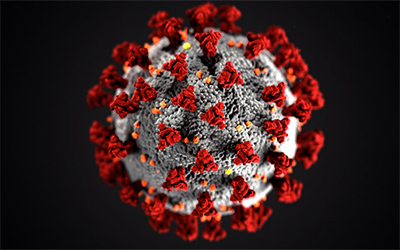By Jim Ellis
Feb. 14, 2022 — The Pew Research Center released their nationwide poll late last week studying the perception of President Biden’s job approval one year after taking office among various religious segments and found a downturn in almost all groups’ perceptions when compared to their same beliefs at the beginning of the new administration.The poll, conducted during the Jan. 10-17 period, questioned 5,128 US adults who agreed to be surveyed as part of Pew’s American Trends Panel that features a total universe of 17,472 individuals who are asked to participate in various surveys.
The survey sample, which “included oversamples of Asian, Black and Hispanic Americans in order to provide more precise estimates of the opinions and experiences of these smaller demographic subgroups,” also included atheist, agnostic, religiously unaffiliated, and those who identified themselves as “nothing in particular” in reference to religious classifications.
Therefore, the respondent sample represents a much broader matrix of religious viewpoints than those who belong to traditional Christian religions. The Jewish sector was not included in this study.
The Pew Researchers’ top point was charting how far President Biden’s image had fallen with African American Protestants. While 65 percent of Black Protestants still approve of the president’s job performance, Pew notes that his number has fallen from 92 percent after his first few days in office. The Black Protestant segment is, however, one of only three religious segments who believe Biden will be regarded as a successful president at the end of his term. The other two groups are Hispanic Catholics and atheists.
Even including these favorable sectors, the Biden future outlook is far from positive. While more Black Protestants believe he will be successful at this point than not, the aggregate sector percentage is still only 35, as compared to 14 percent who believe he will be unsuccessful. Almost half, at 49 percent, believe it is too early to tell, again a rather unacceptably high number from a group who Biden has heavily emphasized in his early Administration policy objectives.
Among Hispanic Catholics, his successful vs. unsuccessful ratio is 32:19 percent. The atheists rate him 32:30 percent successful vs. unsuccessful. A total of 48 percent of Hispanic Catholics and 38 percent of atheists believe it is too early to tell whether the Biden Administration will be regarded as successful in what Pew terms as “the long run.”


